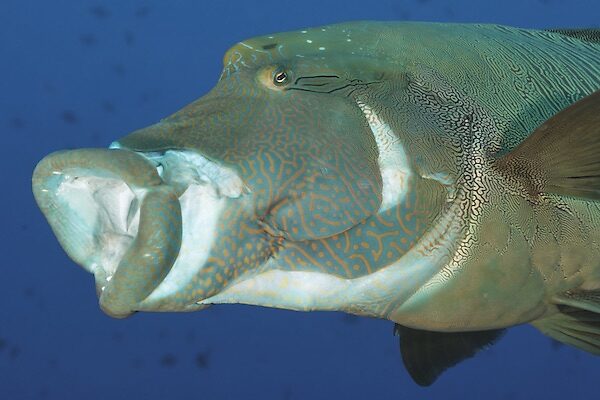[Seminar] Innovation and Adaptive Radiation in Coral Reef Fishes

Date
Location
Description
The Biodiversity and Biocomplexity Unit (Economo Unit) would like to invite you to a seminar by Prof. Peter Wainwright from University of California, Davis.
Date: Tuesday, October 17th, 2017
Time: 14:00-15:00
Venue: Seminar Room C700, Lab 3
Speaker: Prof. Peter Wainwright, Department of Evolution & Ecology, Center for Population Biology, University of California, Davis
Title: Innovation and Adaptive Radiation in Coral Reef Fishes
Abstract:
Labridae – wrasses and parrotfishes - are the most successful radiation of fishes on modern coral reefs. This group has the largest number of coral reef species of any fish family and shows exceptional ecological diversity. Ranging from reef-scraping parrotfishes, to strong mollusk-crushers, coral mucus feeders, planktivores, cleaners, to fish predators, there is a labrid that eats virtually everything eaten by fishes on coral reefs. What does the history of the most successful group of coral reef fishes look like? How does it compare to classic adaptive radiations? I show that labrids do not show an early burst of speciation or a slowdown toward the present, two traits commonly associated with adaptive radiation. Unlike classic island and lake adaptive radiations, labrids have diversified at a very steady pace for over 60 million years in a global habitat characterized by extremely high biodiversity, suggesting that both ecological opportunity and competition have been strong. They met this challenge with a steady pace of functional innovation. Each innovation has expanded to total ecological space occupied by the radiation. Labrids are an example of success and adaptive radiation through a versatile body plan and strong capacity for functional innovation.
We hope to see many of you at the seminar.
Subscribe to the OIST Calendar: Right-click to download, then open in your calendar application.



